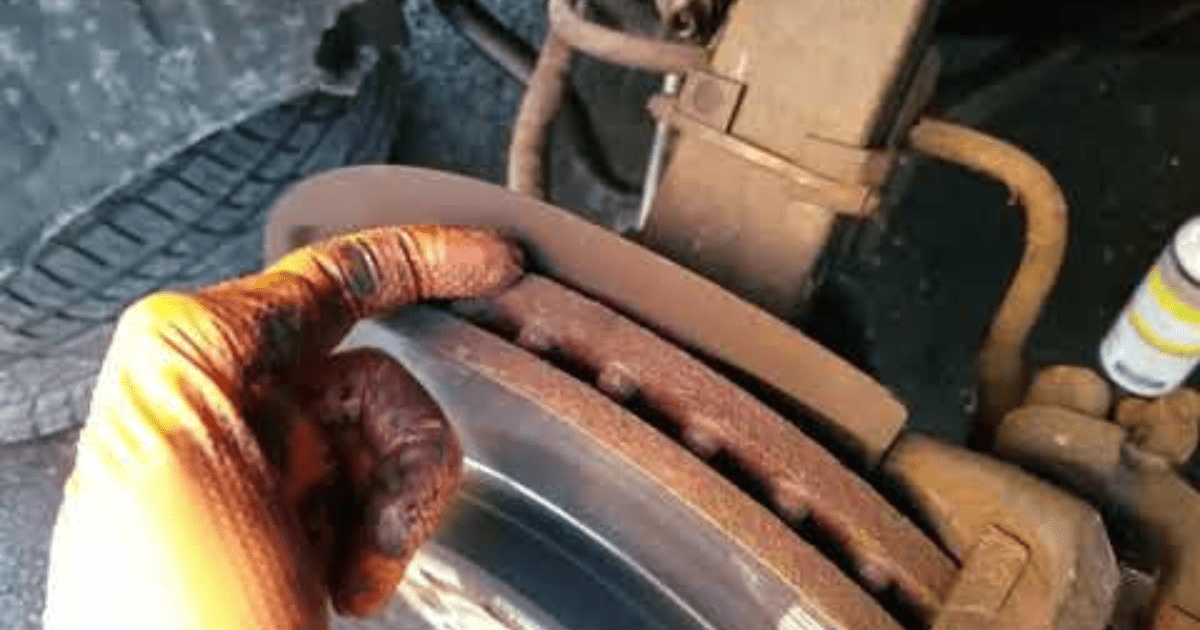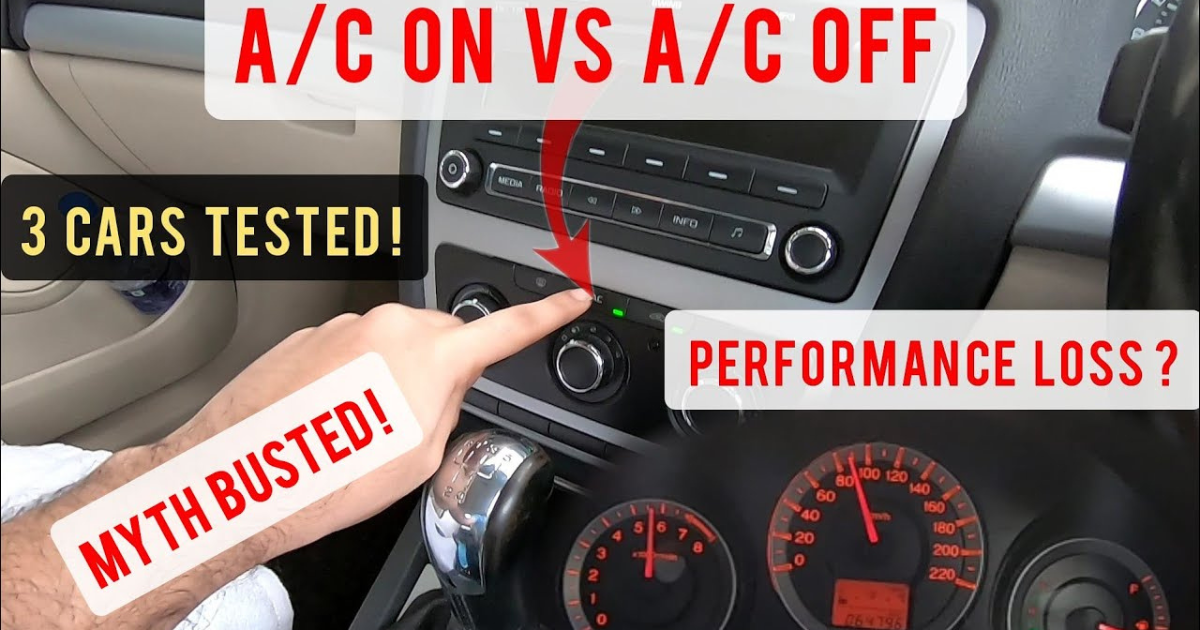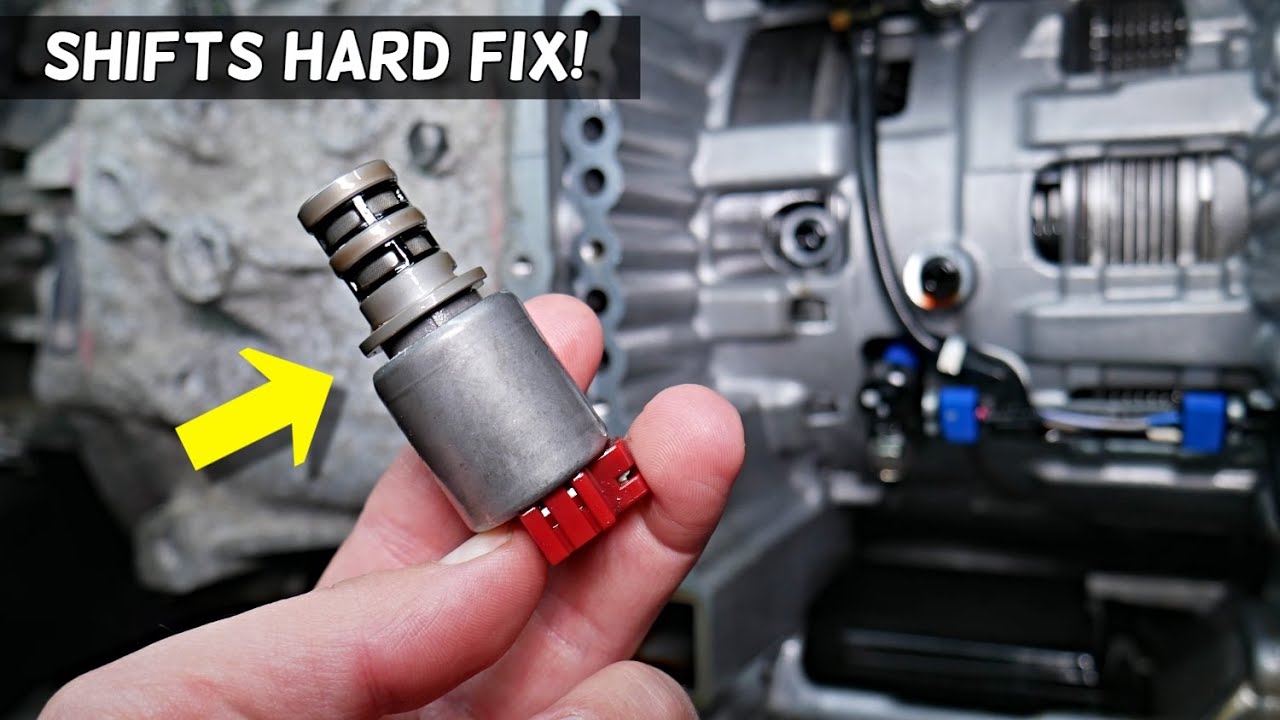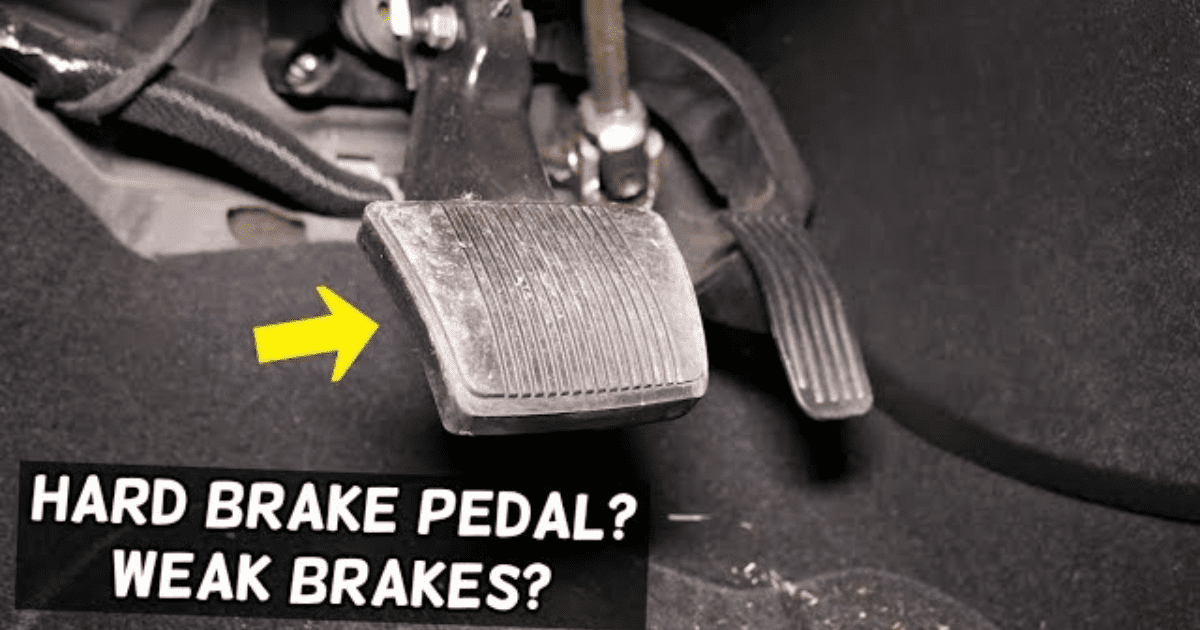Brakes are a crucial safety feature in any vehicle, and their smooth operation is essential for safe driving. However, even after replacing brake pads and rotors, some drivers may still experience jerky brakes. In this article, we will explore possible reasons for this issue and provide some solutions to help you get back to having smooth brakes.
The Quality of Your Brake Parts
One possible reason why your brakes remain jerky after replacing pads and rotors is the quality of your brake parts. Not all brake parts are created equal, and some low-quality or cheap parts may not work as well with your vehicle. They may not fit properly, wear out quickly, or cause friction, heat, and noise, resulting in jerky brakes. Additionally, low-quality brake parts can damage other brake components, such as calipers, hoses, and fluid. To avoid jerky brakes, ensure you purchase good quality and high-quality brake pads and rotors that are compatible with your car model and year.
The Condition of Your Brake Parts
Even if you have purchased good quality brake pads and rotors, your brakes may still be jerky if other brake components are dirty, rusty, or damaged. Your brake parts need to be clean, smooth, and in good shape to work properly and smoothly. Dirty, rusty, or damaged brake parts can prevent your brake pads and rotors from making good contact or cause them to stick or drag. They may also cause your brake fluid to leak or become contaminated, affecting your brake pressure and performance. To avoid jerky brakes, check and clean your brake parts regularly and replace any rusty or damaged parts. Pay attention to your brake calipers, hoses, and fluid, as they are crucial for your brake system.
The Installation of Your Brake Parts
Incorrect installation of brake parts can also cause jerky brakes. Changing brake pads and rotors is not a simple task and requires skill, knowledge, and tools. If your brake pads and rotors are not installed correctly, they may cause damage to your car or your brake system. Additionally, incorrectly installed brake pads and rotors may result in misalignment, imbalance, or loose components, causing jerky brakes.
To avoid jerky brakes due to incorrect installation, follow the instructions and guidelines of your car manufacturer and brake parts supplier. Use the right tools and equipment for the job, and bleed your brakes after changing your brake pads and rotors to remove any air bubbles from your brake system. If you are unsure about installing your brake pads and rotors yourself, have a professional do it for you.
Other Possible Causes
In addition to the reasons mentioned above, other possible causes of jerky brakes after changing pads and rotors include worn-out brake hardware, damaged brake lines, and issues with the anti-lock braking system (ABS). Worn-out brake hardware can cause brake pad vibration, resulting in jerky brakes. Damaged brake lines can cause leaks, which can affect your brake pressure and performance. Issues with the ABS can also cause jerky brakes, as the system may not be working correctly.
Conclusion
In conclusion, if your brakes are still jerky after changing pads and rotors, there are several possible reasons why this may be occurring. These include the quality of your brake parts, the condition of your brake parts, and the installation of your brake parts. By ensuring you purchase good quality brake parts, regularly checking and cleaning your brake parts, and correctly installing your brake parts, you can improve your brake performance and avoid jerky brakes. If you are still experiencing issues with your brakes, consult a professional mechanic to diagnose and fix the problem.




